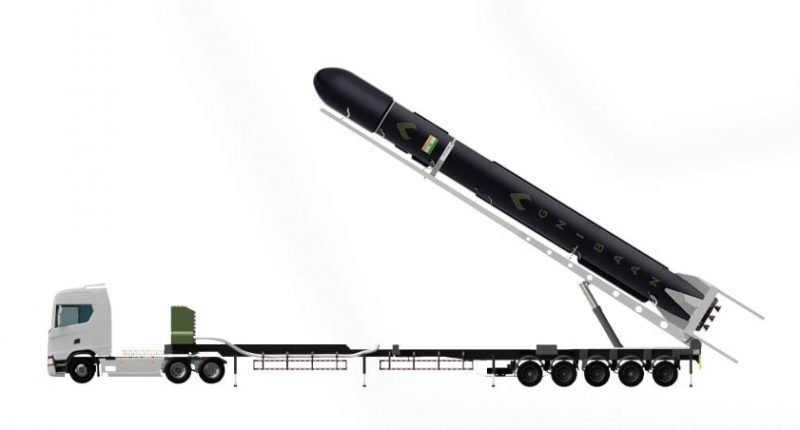2021 is the year for the Indian start-up ecosystem and the space industry, both of which have registered strong growth. While the Indian start-up ecosystem smashed its way into record books after 13 Indian start-ups evolved into unicorns this year (so far), the space industry continues to add feathers to its cap thanks to SpaceX and NASA’s exploits.
On a day when fellow Indian start-up Skyroot raised $11 million in a Series A funding round, Chennai-based space tech start-up Agnikul Cosmos Pvt. Ltd. has raised $11 million in a Series A funding round as well, led by global venture capital company Mayfield India and existing investors Pi Ventures, Speciale Invest, and Artha Ventures. Mayfield India’s managing partner Vikram Godse will be joining Agnikul’s Board of Directors (BoD). Other investors in the round included BEENEXT, Globevestor, and LionRock Capital, and prominent angel investors Anand Mahindra, Naval Ravikant, and Balaji Srinivasan.
The funding round happens to be the largest by any private space tech company in the country so far (tied with Skyroot) and comes after the start-up had raised $3.1 million in a pre-Series A round in March 2020.
According to the four-year-old Agnikul, the proceeds from the funding round would be used to strengthen and build technology infrastructure, expand ground testing and expand its team by 25-30% to help Agnikul become India’s first private firm to launch satellites in space.
Agnikul had made the headlines earlier this year after it successfully test-fired Agnilet, the first-ever 3D printed rocket engine. The 3D printing makes engines lighter and less prone to errors, and this is probably the X-factor behind Agnikul’s success in the market. Add to that the company’s customer-centric approach, and you have got a firm that is in for the long run.
“Satellite weights are coming down and rocket sizes are going up. So, there are a large number of customers who are making small satellites that have to keep waiting for the large satellite and the large rocket players to launch, and that is not optimal for their business model. Agnikul solves that problem by providing them on-demand launches,” Godse said.
Currently, Agnikul’s focus is on the development and testing of India’s first private small satellite launch vehicle, Agnibaan, which will have a flexible payload capacity of 100 kg and will have a plug-and-play engine configuration. This comes on the heels of Agnibaan’s agreement with ISRO under the IN-SPACe initiative to access ISRO’s expertise and facilities. We may see Agnibaan complete its first mission sometime next year.
“We are thankful to have ISRO’s guidance and happy that the Government is enabling private space tech ventures. With this support from the Government and investors, we look forward to an exciting next step for our company and in the process, simplifying access to space,” said Agnikul co-founder and CEO Srinath Ravichandran.
The Tech Portal is published by Blue Box Media Private Limited. Our investors have no influence over our reporting. Read our full Ownership and Funding Disclosure →






